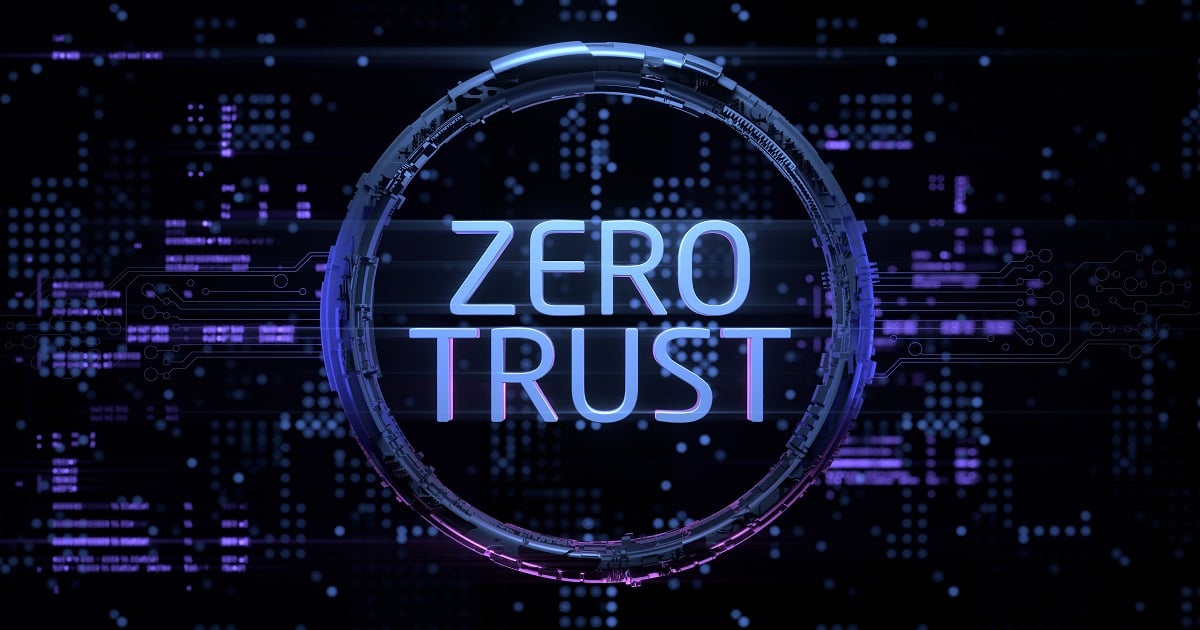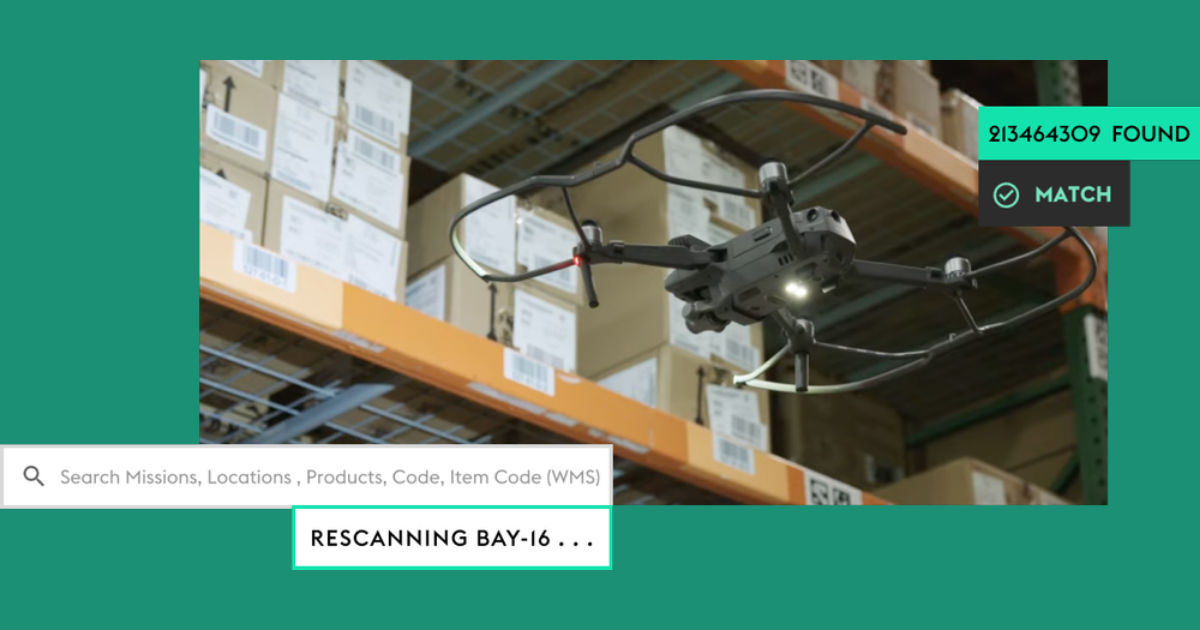
Considering the current developments and ongoing research in Blockchain, 2018 is undoubtedly going to be a productive year in this domain. The waves of blockchain have touched almost every sector, from healthcare to finance to energy space.
Every day we witness new revolutions in energy space, where blockchain companies attract consumers and industrial players by offering coin initially. At present there are around 122 blockchain organizations in energy space, with 40 deployed projects, knowing the fact that the first blockchain transaction in energy space took place in Brooklyn, New York in 2016. Moreover, under less than a year, between 2017 and 2018, nearly $300 million is invested in the blockchain in the energy industry, out of which $170 million was invested in Q1 2018.
The new energy industry is determined to create various types of microgrids and business models. Blockchain companies engage with the energy players in the industry to gain deep knowledge of energy regulation, and utilities will play a significant role in tapping the real potential of Blockchain that can transform the energy sector.
GTM Research latest report, “Blockchain in Energy 2018”, discusses the current layout for the blockchain in energy and how it can evolve over a period of time. Some major points that have been mentioned in the report convince that the future of Blockchain in Energy space is huge.
Accelerated utility investment in Blockchain: As blockchain attract the hype, we are witnessing the increase in utility involvement as new initiative emerges across the globe. Initial coin offerings generate up to 75% of funding in the blockchain energy space, which has been the easiest and safest way for blockchain companies so far to gather funding and will continue to be an important fundraising method. As utilities continue to monitor the space, GTM research says that acceleration may happen via traditional venture capital, instead.
Companies like Innogy and Centrica have made a direct investment, while Pacific Gas & Electric and Engine invested in consortia like the Energy Web Foundation. European utilities have demonstrated live trading of gas and electricity on the blockchain.
Currently, VC, public offerings, crowdfunding, and private placement make up the remaining 25% of funding.
Blockchain utilities to enter pilot stages: In the U.S., blockchain in energy pilots generally occur without involvement of utility companies. However, Pacific Gas and Electric already proposed a budget for Electric Program Investment Charge, funding two blockchain pilots in California. Ameren also considered a pilot with Omega Grid, and others may soon line up in the race of accepting utility company involvement in blockchain in energy pilots.
Omega Grid software is operating at the Stone Edge Microgrid to test the blockchain based software’s ability to calculate optimal power flow and locational price for each asset.
Wholesale trading breaks into commercial deployment: For many years we believed in peer-to-peer energy trading, as it accounts for approximately 60% of projects. Nevertheless, wholesale trading is witnessing a success by its gradual acceptance, as was demonstrated by European pilots like Ponton, determined to deploy a wholesale trading platform this year. BTL, the pilot’s leader, announced that it will soon introduce a commercial trading platform- OneOffice, and they intend to run it on blockchain technology.
Bovlabs, a start-up working to empower trade clean energy, partnered with Enchanted Rock to test blockchain’s ability to bid into wholesale market with ERCOT and soon will enter as a blockchain based retailer.
Blockchain will create a decisive Business model: GMT Research predicts the development of other models like EV Charging and Renewable Energy Credits (REC) that may be heightened using blockchain technology, as there are no accepted standards for billing and payment software.
As far as REC is concerned, the legacy platform can be swapped by the blockchain technology to keep them in the chain with existing regulations.
Blockchain in the energy sector is moving forward at a great pace. By the end of the year, blockchain aims to bring a good amount of changes in the existing framework. However, blockchain in energy space needs to overcome several regulatory hurdles to amplify its acceptance.
Edited by
Ken Briodagh





